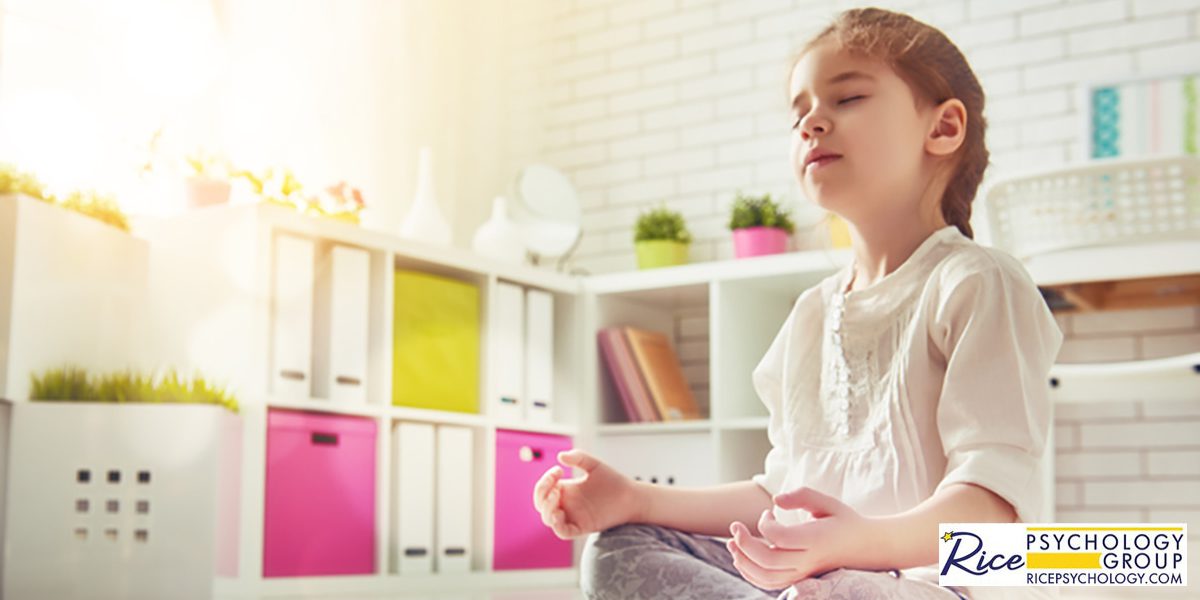Consider the following story as it relates to this week’s topic.
My husband and I had to drive out to Chris’ school last week because, according to his teachers, he’d gotten himself into a bit of trouble. When we arrived, his teacher and principal were explaining to us that he was initially being written up for speaking out of turn, leaving his desk without permission and talking during quiz time. Honestly, these seemed like things that kids just do. Then, according to the teachers, they began handing Chris detention after detention as he got increasingly frustrated. I have a feeling his “acting out”, as they called it, has less to do with him misbehaving and more to do with the fact that he has not figured out a way to understand and deal with his emotions.

Chances are that you clearly remember your school days. The laughter, recess, running around and fun times are all memorable. There was also the homework, projects, tests and everything that could – and definitely would – bring stress, worry and even anger into your young life.
Nowadays, school is generally more demanding, which means the problems we faced then can be magnified for the students of today. So, how can a child who’s “acting up”, feeling anxious, worried or stressed feel better? For many students, suspension and detention are not the answers, or at least not out-of-school suspension.
Setting an Example
In many situations, mindfulness through meditation may be just what our kids need to feel better. Click To TweetA recent brightvibes.com article told the story of Robert W. Coleman Elementary School in Baltimore, which offers meditation, mindfulness and yoga to help students who’ve acted out. While students at other schools may be sent to an empty, sad room for detention, the students at this school are sent to the “Mindful Moment Room”.
In this relaxing room, filled with lamps, decorations and pillows, students are encouraged to find a spot where they can practice their meditation and breathing. This, in turn, helps them relax, re-group and focus. The room was established in partnership with the Holistic Life Foundation (HLF) and has been so effective that Robert W. Coleman Elementary has had zero suspensions since last year.
Does it Really Work?
Mindfulness meditation can help kids deal with their anxiety, stress and worries at school. Click To TweetMindfulness meditation involves sitting comfortably, focusing on breathing and bringing your mind into the present. Dr. Elizabeth Hoge, psychiatrist at Massachusetts General Hospital, says that it makes sense for mindfulness meditation to be used for anxiety and stress. According to her, people who suffer from anxiety often have trouble dealing with distracting thoughts.
A person who thinks they may have made a mistake might immediately become worried about the consequences. On the other hand, someone who practices mindfulness meditation will recognize that these are just thoughts that have no say in their core as a person.
At Rice Psychology Group, we realize that kids act out for many different reasons and there are almost as many ways to deal with it as there are causes for it. We’re not advocating for a lack of negative feedback for poor behavior, but we definitely believe there is a place for mindfulness in raising responsible kids, especially when it’s thought that the underlying cause of their behavior is related to anxiety or self-regulation.
Step by Step
If you or your child are ready to start a handful of meditation sessions, we recommend one to three minutes in the beginning and gradually working your way up. At Rice Psychology Group, we want to ensure that your kids have great strategies for dealing with stress so it doesn’t get in the way of having fun and learning. Our team of licensed psychologists in Tampa is here to help you or someone you love with support to make positive changes. Give us a call today for more information about our services.

